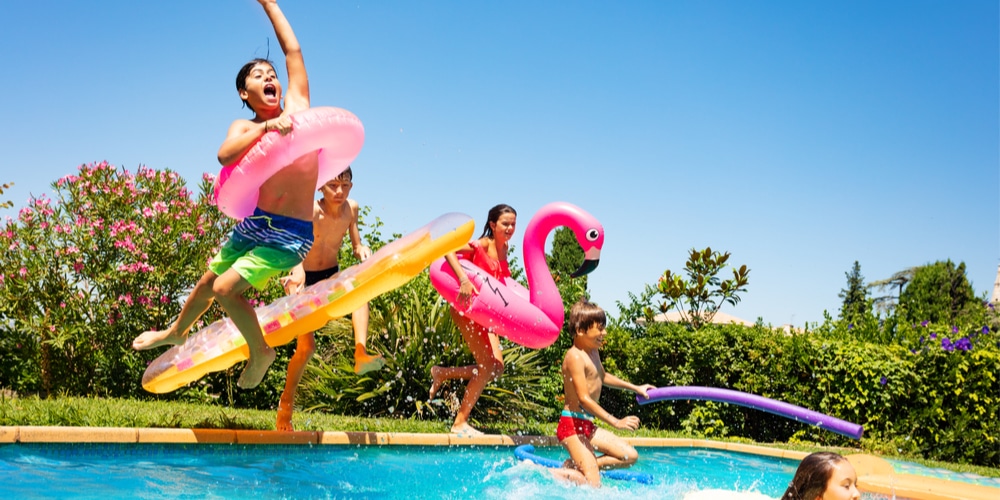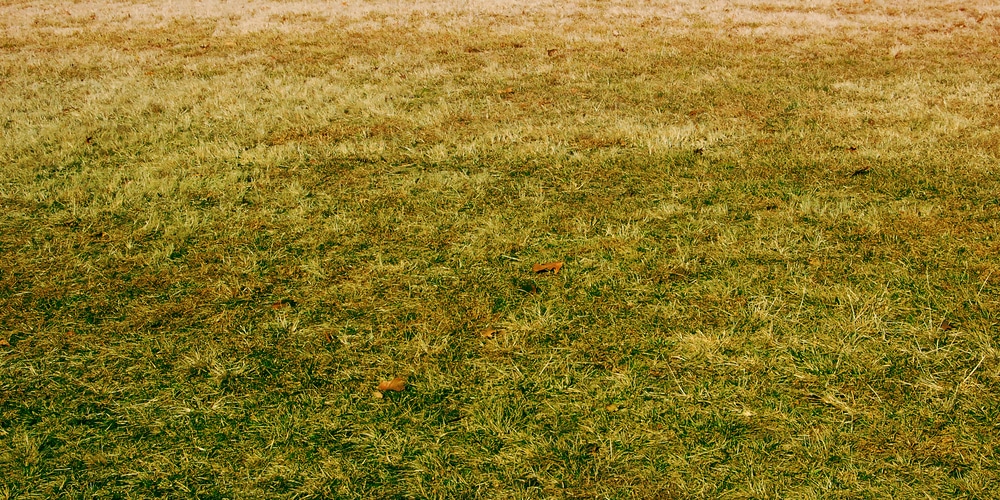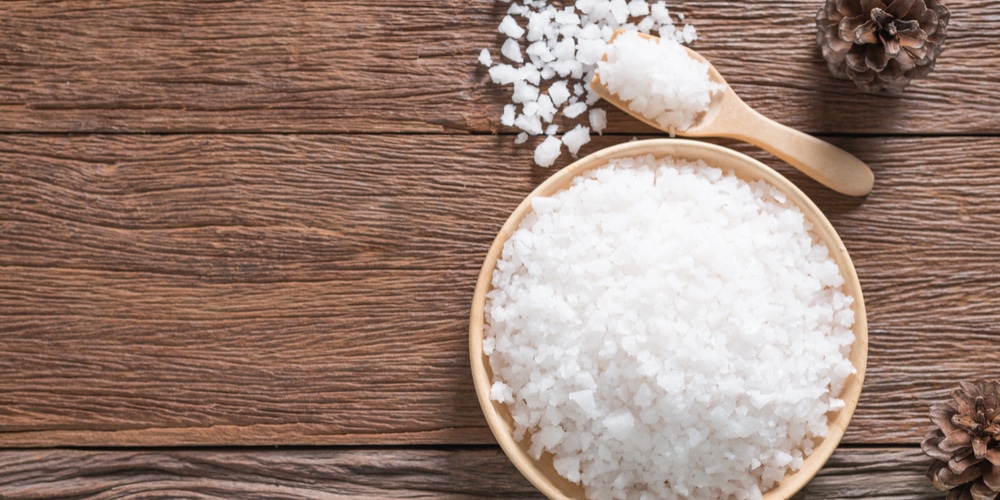If you have a swimming pool in your yard, it’s likely to contain chemicals such as chlorine that can kill your grass. While a little drop of pool water on your grass may not cause any harm, watering your lawn with pool water will kill your grass.
Swimming pools and water features are becoming more and more common across the states. These features are designed to improve the look of your yard and give you and your family a way to cool down during the scorching summers.
Many homeowners with pools worry about whether the pool water will damage their lawns. Let’s look at whether pool water kills grass. We’ll also give you some tips to stop chlorinated water from damaging your lawn.
Will swimming pool water kill my lawn?
The good news is that splashes of pool water are unlikely to kill your grass completely. However, you’ll need to prepare your yard correctly so that you can enjoy lush green grass and have a cooling dip in your pool.
Most of the time, your swimming pool water won’t affect the grass that’s growing around your pool. However, it will depend on the amount of chemicals such as chlorine and salts in the water.
Often swimming trunks will drip, or kids jumping in the pool will cause a splash. These situations aren’t likely to have a significant effect on your grass. A few drips or splashes won’t kill the grass or change the soil’s Ph levels in most cases.
How does chlorine affect grass?
However, if you have too much chlorine or salts in your swimming pool and this gets into your landscaping, it may affect grasses and other plants. Some plants are more sensitive and will be killed by chemicals. Water with a high chlorine concentration can create an imbalance in soil pH and kill your grass.
Plants and grasses know which nutrients they should absorb, and if there’s some chlorine or salts will be able to avoid absorbing them. If your soil ends up saturated with salt or chlorinated water, the grass will have no choice but the absorb it, and this could turn your grass brown and even kill it.
How do salts affect grass?
Saltwater can have a devastating effect on grass, and as swimming pool water contains salt, it may damage your lawn. This is why it is not a good idea to put Epsom salt on the grass.
In most areas, salt is present in the soil in varying amounts so that grass can handle a small amount of salt. However, problems appear when the salt levels increase, as salt makes it more difficult for plants to get adequate water and nutrition.
If you think that your lawn has been affected by swimming pool water or contains too much salt, you can try washing it away by pouring lots of fresh water on your soil. Sometimes soil can become compacted due to high levels of salt, especially if it’s clay-like soil. You may like to aerate your lawn and add gypsum to solve this issue.
Things that may damage your lawn
There are a few things that homeowners do concerning their swimming pool that can cause damage to their lawn. If you need to drain your swimming pool and allow the chlorinated water to soak into your soil, this may kill your grass.
When draining your swimming pool, it’s a wise idea to lower the chlorine concentration before allowing the water to drain onto the grass. You should never put water on your lawn that contains more than 0.1 parts of chlorine per million of water. Too much chlorine will harm your grass and the health of your soil. It also isn’t good for the environment and can get into the waterways and affect wildlife.
You should also check the salt levels in your swimming pool so that it doesn’t you’re your lawn. If possible, you should try to drain your swimming pool into a sanitary sewer or clean outline rather than letting the water soak into your yard.
Bottom Line:
In small amounts swimming pool water won’t affect your grass.
However, if you need to drain your swimming pool, the salts and chlorine in the water can kill your lawn. It would be best if you, therefore, aimed to lower the amount of chlorine before draining. It may also help if you consult a pool professional about draining your pool. Laying pavers or tiles around your pool can stop the surrounding grass from being affected by your pool’s water.
Related:


